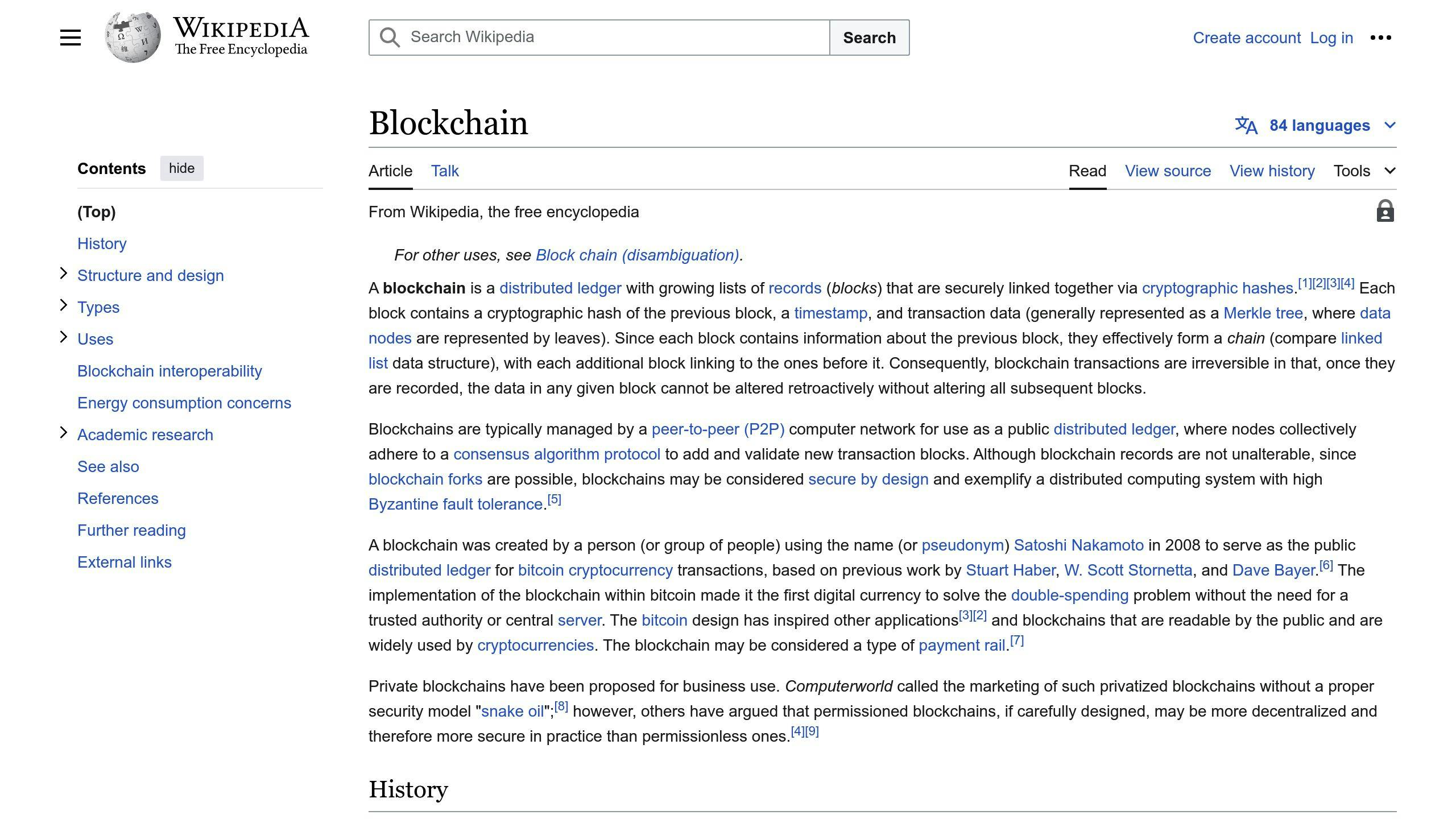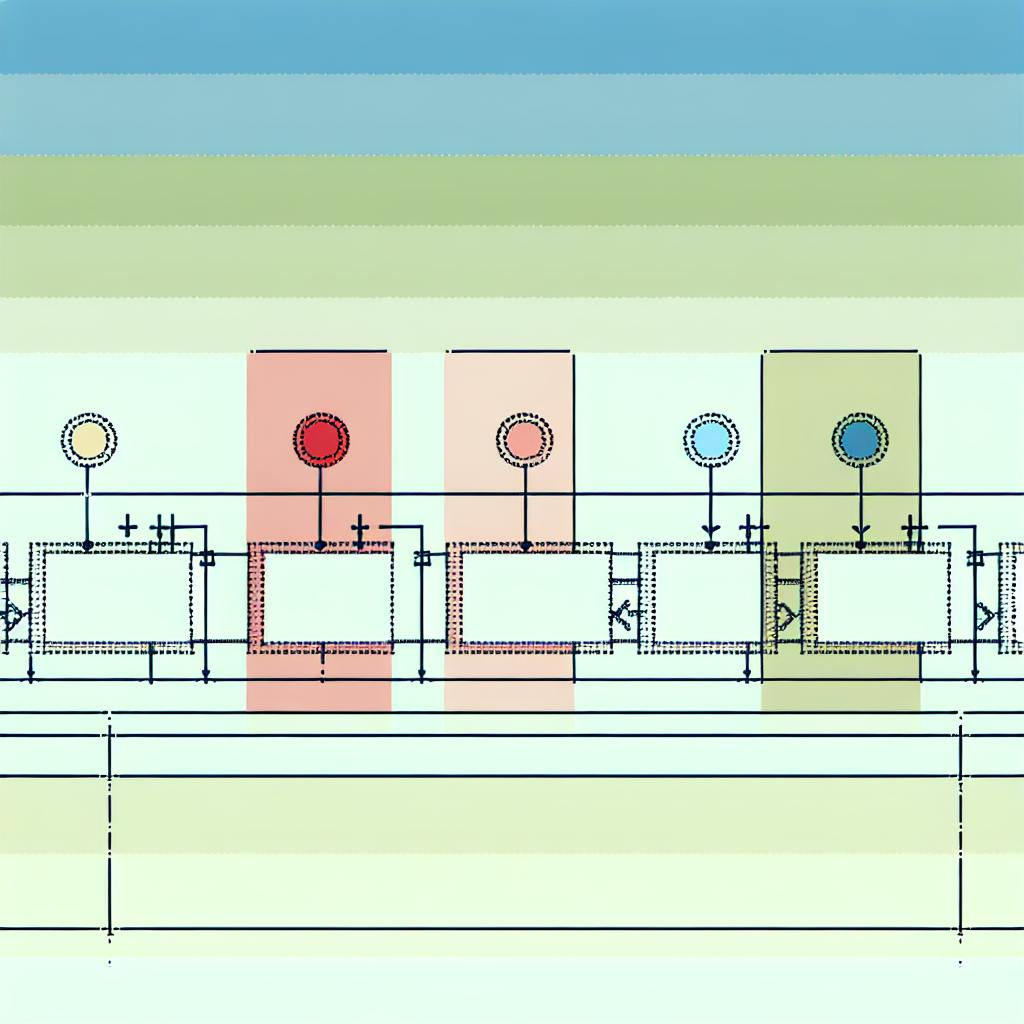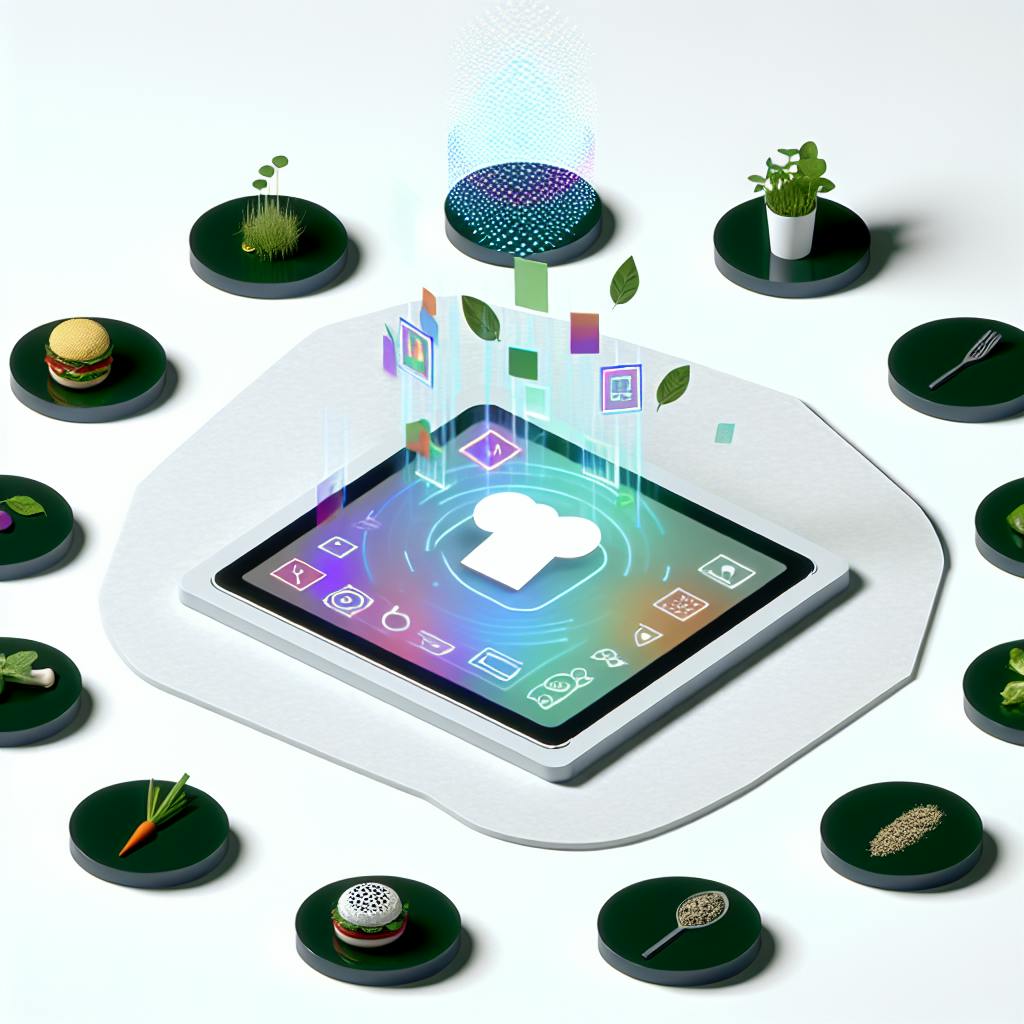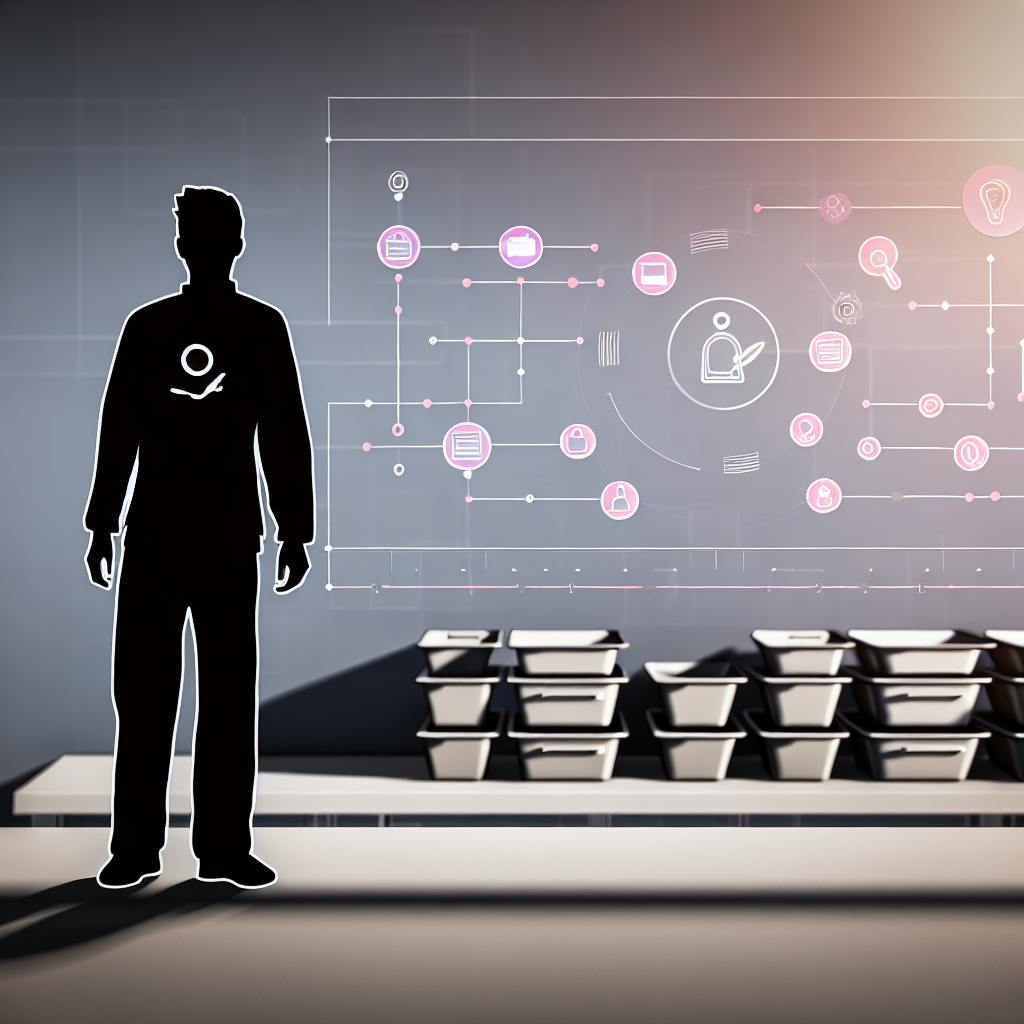Blockchain technology offers a secure and transparent way to track food products from farm to table, ensuring safety and promoting sustainability. Here are the key advantages:
-
Improved Transparency and Traceability
- Decentralized access to accurate supply chain data
- Immutable records prevent tampering
- Real-time tracking for quick issue detection
-
Enhanced Food Safety
- Rapid identification and removal of contaminated products
- Tamper-proof records prevent food safety fraud
-
Increased Consumer Trust
- Decentralized data ensures accuracy and prevents manipulation
- Immutable records provide confidence in food authenticity
-
Efficient Supply Chain Management
- Real-time tracking optimizes logistics and reduces waste
- Decentralized access promotes collaboration and transparency
- Immutable records ensure product authenticity
-
Sustainability and Ethical Practices
- Transparent supply chain promotes responsible sourcing
- Immutable records prevent fraud like mislabeling
| Benefit | Description |
|---|---|
| Transparency | Everyone can access accurate supply chain data |
| Food Safety | Quick removal of contaminated products |
| Consumer Trust | Accurate, tamper-proof data about food origin |
| Supply Chain Efficiency | Real-time tracking, reduced waste, optimized logistics |
| Sustainability | Promotes responsible sourcing, prevents fraud |
By adopting blockchain technology, the food industry can ensure traceability, safety, and sustainability, benefiting both consumers and businesses.
Related video from YouTube
1. Improved Transparency and Traceability
Using blockchain in food traceability makes the supply chain more transparent and easier to track. Here's how:
Decentralization
Blockchain is decentralized, so no single entity controls the data. Everyone involved, from farmers to consumers, can access the same information.
Immutability
Once data is added to the blockchain, it can't be changed or deleted. This keeps the information accurate and reliable.
Real-time Tracking
Blockchain allows for real-time tracking of food products. This helps quickly spot any issues or contamination, so action can be taken to prevent foodborne illnesses.
Consumers can scan a QR code to see details about the origin, quality, and journey of their food. This builds trust and helps them make informed choices about what they eat.
2. Enhanced Food Safety
Blockchain helps make food safer by keeping a clear and unchangeable record of the food supply chain. This helps find and fix problems early, lowering the chance of foodborne illnesses.
Real-time Tracking
With blockchain, food can be tracked instantly. This means any contaminated products can be quickly found and removed from the supply chain, making it safer for consumers.
Immutability
Once data is added to the blockchain, it can't be changed or deleted. This stops fraud, like tampering with food safety records, and ensures the information is correct and trustworthy.
3. Increased Consumer Trust
Consumers want to know where their food comes from and how it's handled. Blockchain helps build trust by keeping a clear and secure record of the food supply chain. This lets consumers make better choices about what they eat.
Decentralization
Blockchain is decentralized, meaning no single person or company controls the data. This ensures the information is accurate and can't be tampered with. Consumers can trust the data they see.
Immutability
Once data is added to the blockchain, it can't be changed or deleted. This stops fraud and ensures the information is correct. Consumers can be confident in the food they buy.
sbb-itb-3666cb4
4. Efficient Supply Chain Management
Efficient supply chain management is crucial in the food industry, where timely delivery and quality control are paramount. Blockchain technology can significantly improve supply chain management by providing real-time tracking, decentralization, and immutability.
Real-time Tracking
With blockchain, food producers, processors, and distributors can track their products in real-time, from farm to table. This enables them to identify inefficiencies, reduce waste, and optimize their logistics. Real-time tracking also allows for quick response to any disruptions or contamination, ensuring that consumers receive safe and high-quality products.
Decentralization
Blockchain's decentralized nature ensures that no single entity controls the data, reducing the risk of manipulation or tampering. This decentralized system enables multiple stakeholders to access and update information, promoting transparency and collaboration throughout the supply chain.
Immutability
The immutable nature of blockchain ensures that once data is recorded, it cannot be altered or deleted. This feature provides a tamper-proof record of all transactions, ensuring that food products are authentic and safe for consumption.
5. Sustainability and Ethical Practices
Sustainability and ethical practices are key in the food industry. Blockchain can help by making the supply chain more transparent and accountable. This can reduce food waste, promote ethical sourcing, and support sustainable farming.
Decentralization
Blockchain's decentralized system lets everyone in the supply chain access and update information. This means farmers, processors, distributors, and retailers can work together to ensure food is sourced and produced responsibly.
Immutability
Once data is recorded on the blockchain, it can't be changed or deleted. This creates a tamper-proof record of all transactions, helping consumers make informed choices. It also prevents fraud, like mislabeling or counterfeiting, which can affect the sustainability and ethics of food products.
Conclusion
In conclusion, blockchain technology offers many benefits for food traceability and safety. By providing a clear, secure, and shared system, blockchain can change how we track and monitor food from farm to table. Here are the key advantages:
| Benefit | Description |
|---|---|
| Improved Transparency | Everyone in the supply chain can see the same information, making it clear. |
| Enhanced Food Safety | Quick identification and removal of contaminated products. |
| Increased Consumer Trust | Consumers can trust the data about their food's origin and handling. |
| Efficient Supply Chain | Real-time tracking helps reduce waste and optimize logistics. |
| Sustainability and Ethics | Promotes responsible sourcing and reduces fraud. |
By using blockchain, food producers and suppliers can ensure their products are safe and responsibly sourced. This reduces the risk of contamination and improves overall food safety. Additionally, blockchain helps reduce food waste and supports responsible farming.
As the food industry changes, it's important to adopt new technologies like blockchain. This will help create a more transparent, secure, and responsible food industry that benefits both consumers and businesses.
FAQs
How does blockchain technology improve food traceability?

Blockchain technology offers several advantages for food traceability:
| Benefit | Description |
|---|---|
| Quick Contamination Response | Helps identify and contain contamination outbreaks swiftly. |
| Fast Tracing | Allows tracing a product within seconds instead of weeks. |
| Accurate Data | Creates an auditable trail of accurate data that can't be tampered with. |
| Cost Reduction | Significantly lowers costs associated with food traceability. |


